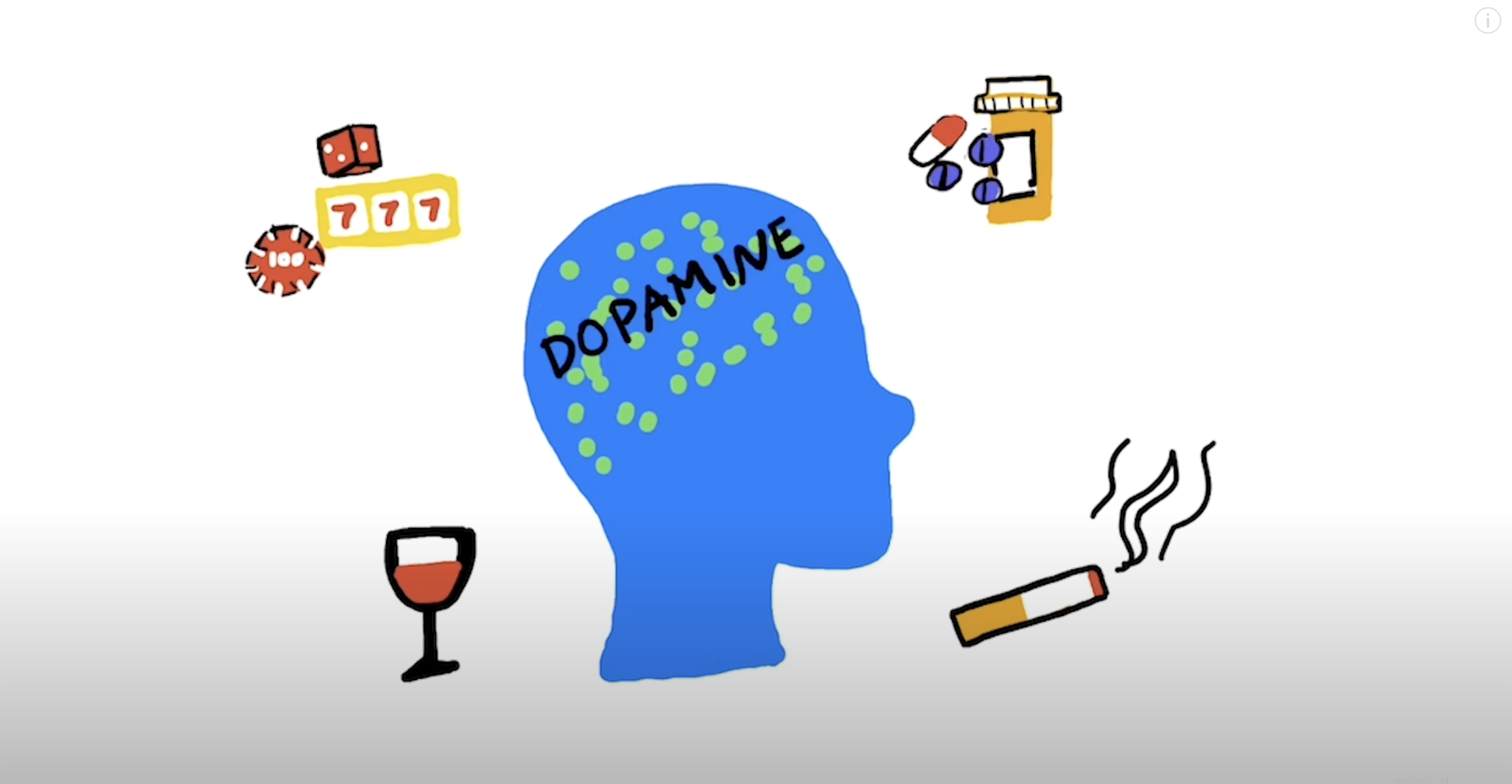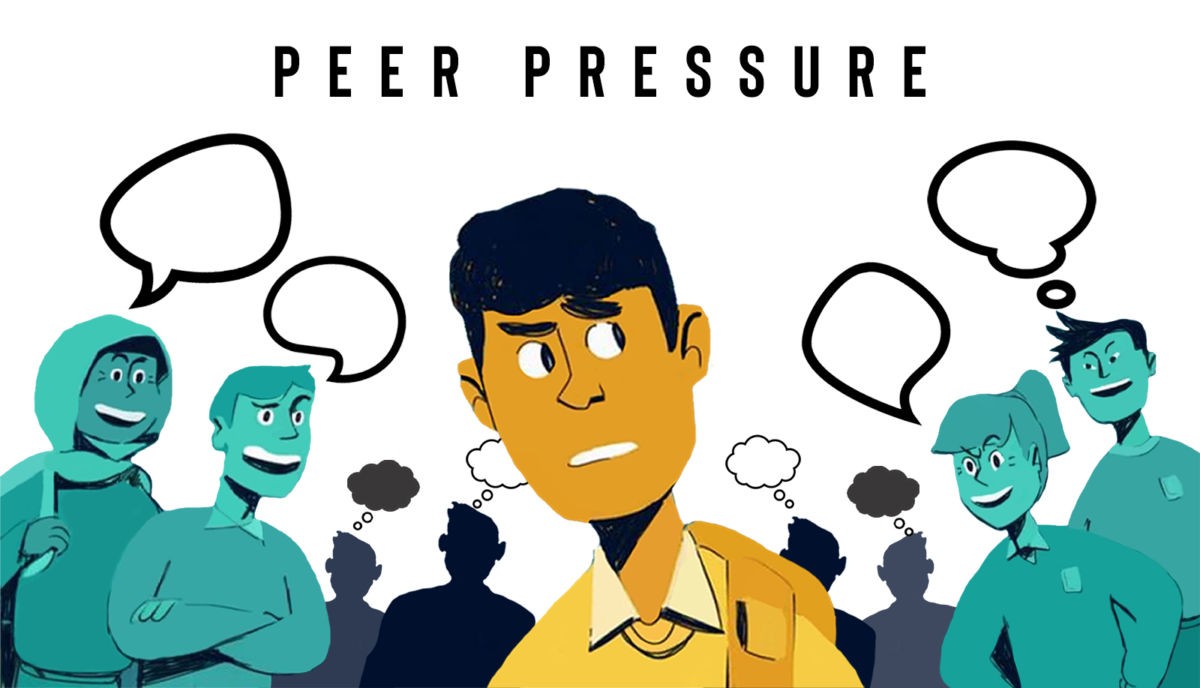Doctors should prescribe fewer antidepressants and for shorter periods of time, because of the ongoing uncertainties about their effectiveness and the potential severity and durability of the withdrawal symptoms associated with them, suggests a review of the evidence on antidepressant use, published online in the Drug and Therapeutics Bulletin.
The use of antidepressants is also associated with a range of side effects, while the clinical trial data mostly don’t assess the outcomes that matter most to patients, say the authors. And there is no clinically relevant difference between these drugs and placebo on depression.
While there might be a role for antidepressants among patients with severe depression, the cons may outweigh the pros in those with mild to moderate depression or in those whose symptoms don’t yet qualify as depression, they add.
The prescribing of antidepressants, primarily the newer generation classes—selective serotonin reuptake inhibitors (SSRIs) and serotonin and norepinephrine reuptake inhibitors (SNRIs)—has risen steadily in England, with an estimated 7.8 million people issued at least one prescription in 2019-20.
This is equivalent to an antidepressant prescribed to one in every six adults, with prescription rates 50% higher among women.
Much of the evidence for the effectiveness of antidepressants in adults comes from placebo-controlled trials lasting just 6–12 weeks. And the results don’t meet the threshold for a clinically important difference, say the authors.
The findings in teenagers and children are even less convincing. Yet the number of 12 to 17 year-olds prescribed antidepressants more than doubled between 2005 and 2017, they add.
What’s more, most of the studies don’t include outcomes that matter most to patients, such as social functioning or quality of life, focusing instead only on symptom measures.
Side effects are also common. Around 1 in 5 patients on SSRIs report daytime sleepiness, dry mouth, profuse sweating, or weight gain; at least 1 in 4 report sexual difficulties; and about 1 in 10 report restlessness, muscle spasms or twitching, nausea, constipation, diarrhoea or dizziness.
The prevalence of side effects may be even higher among those taking antidepressants for more than 3 years, and can include emotional numbness and mental ‘fogginess’.
Patients trying to come off their treatment often experience withdrawal symptoms: these can include anxiety, insomnia, depression, agitation and appetite changes, and can interfere with social functioning and professional life, particularly if treatment is stopped abruptly.
“The recognition that withdrawal effects from antidepressants are more common, more long-lasting and more severe than previously recognised prompted the Royal College of Psychiatrists to issue a position paper, alerting prescribers to this issue, including the recommendation that patients be informed of this risk,” note the authors.
Gradual dose tapering may best help patients to stop, say the authors, although “there is no guarantee that patients will avoid consequences such as long-lasting sexual side effects or persistent withdrawal symptoms even with a cautious taper,” they write.
But they point out: “The gradual reductions in the dose and the very small final doses required for pharmacologically informed tapering will necessitate the use of formulations of medication other than the commonly available tablet forms.”
Patients attempting to stop antidepressant use, particularly long term users, may very well need additional help, say the authors. But “there are currently no dedicated NHS services to support antidepressant de-prescribing,” they add.
They conclude: “There continues to be considerable uncertainty about the benefits of antidepressant use in the short- and long-term, particularly in regard to the lack of a clinically significant difference between antidepressant and placebo treatment.
“In light of this uncertain balance of benefits and harms, we should re-visit the widespread—and growing—prescription of antidepressants.”
They go on to say: “Increasing knowledge about the difficulty that some patients have in stopping antidepressants should lead to more cautious prescribing practice—with antidepressants given to fewer patients, for shorter periods of time.”

 Trial data don’t often assess outcomes that matter most to patients
Trial data don’t often assess outcomes that matter most to patients




















.jpeg)

.jpeg)










.jpg)




.jpg)

